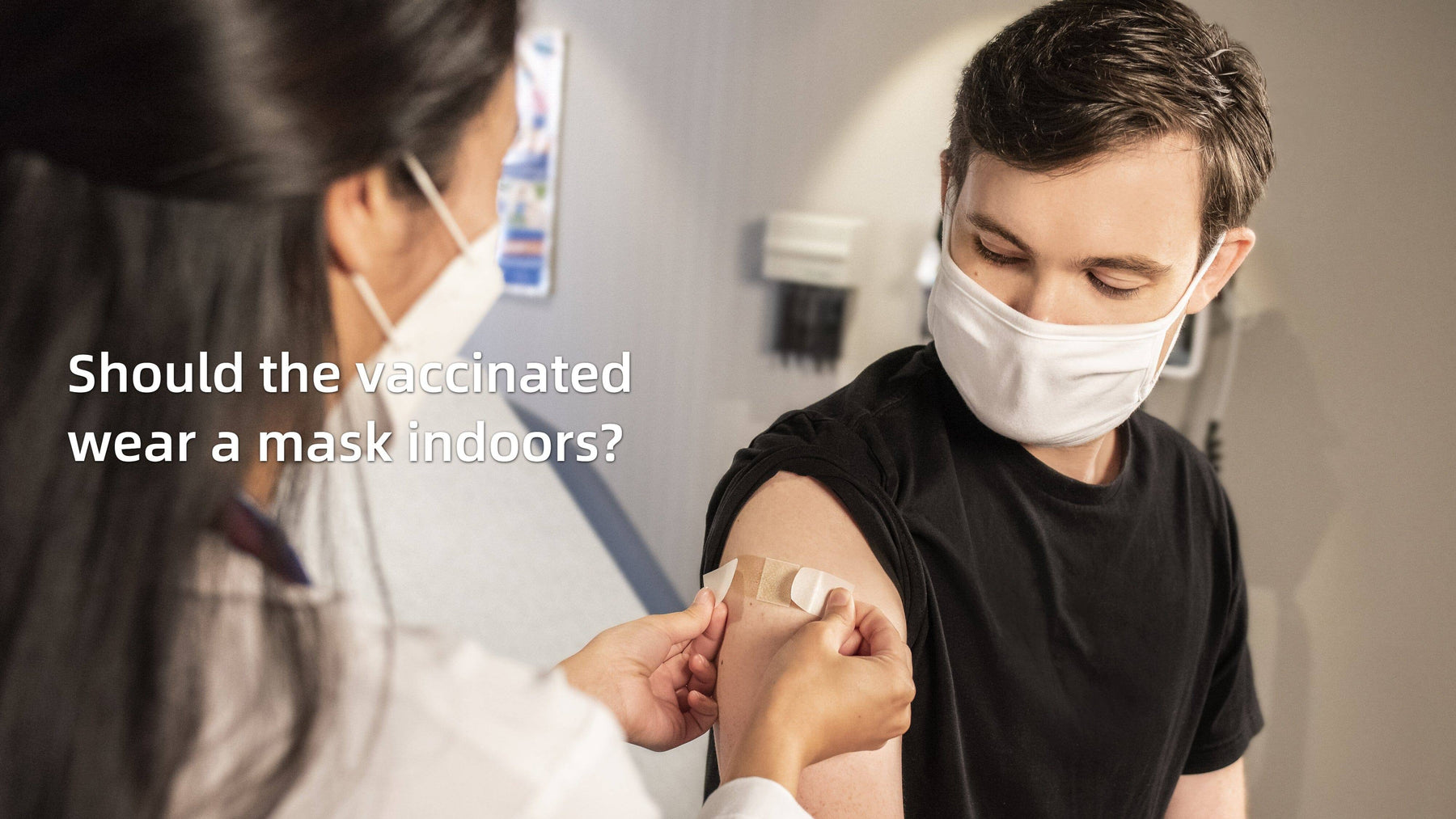
Should the vaccinated wear a mask indoors?
As the delta variant launches its attack at us at full speed around the world, the governments of these countries have come up with new masking guidelines for fully vaccinated people.
The new guidelines are primarily for vaccinated people who reside in areas with "High and substantial transmission," and this ruke is also applicable for indoor settings.
Virgil Tech, assistant professor of epidemiology Charlotte Baker, says the recent increase in hospitalizations can be attributed to people not wearing masks at the right time.
"This was not a decision that was taken lightly," Walensky said. According to new research from outbreak investigations, vaccinated people may still become infected and spread the virus
even though they've been vaccinated.
When announcing the new guidelines, she told reporters that some vaccinated people who are infected with the delta variant after vaccination might be contagious and spread the virus. Sadly, this new science warrants an update to our recommendations.
So to make it simple about who and when we should wear masks, let's focus on some questions that can help clear the air.

Vaccination status!
This is one of the most direct answers. If you haven't received your vaccine, the risk of you contracting the virus is high enough consistently to wear a mask.
And also, if you are sure that everyone around you is vaccinated, the experts agree that the risk is low and that we need not wear a mask.
Covid-19 like symptoms
If you are experiencing covid like symptoms, it's best to quarantine yourself and wear a mask for the safety of others around you.
Transmission rates in your country
In countries with high vaccination rates, the number of positive cases has lowered, so it's safe to go without a mask in this condition. Still, if the number of cases starts rising, we should vigilantly protect ourselves and others by wearing a mask as this delta variant is much more virulent and has a high transmission rate. Infectious disease fellow Abraar Karan at Stanford University comments that over time the epidemicwill change direction.
If a community in the United States has 50 to 99 weekly cases per 100,000 residents or if the positivity rate has been between 8.0 and 9.9% within the last seven days, it is considered as having "substantial transmission."
So if your country belongs to this category, it's mandatory to wear a mask indoors, irrespective of your vaccination status.
In the last seven days, a county had "high transmission" with 100 or more weekly cases per 100,000 residents or a 10% or higher test positivity rate. As a result, communities should implement universal masking indoors and consider additional "significant measures to limit contact between persons," according to CDC's website.
In this recent wave, Waldensky emphasizes the importance of more people getting vaccinated, noting that areas with the lowest vaccination rates are being hit the hardest. The importance of vaccinating more Americans is greater than ever when it comes to the delta variant, she added.
Healthcare experts say that community transmission is not just the only factor to consider to decide whether or not to wear masks in public. There are other exceptional circumstances in which even vaccinated people would have to wear a mask. For example, if you have unvaccinated children or an immunocompromised family member living with you or you are in a place with ventilation.

Leave a comment